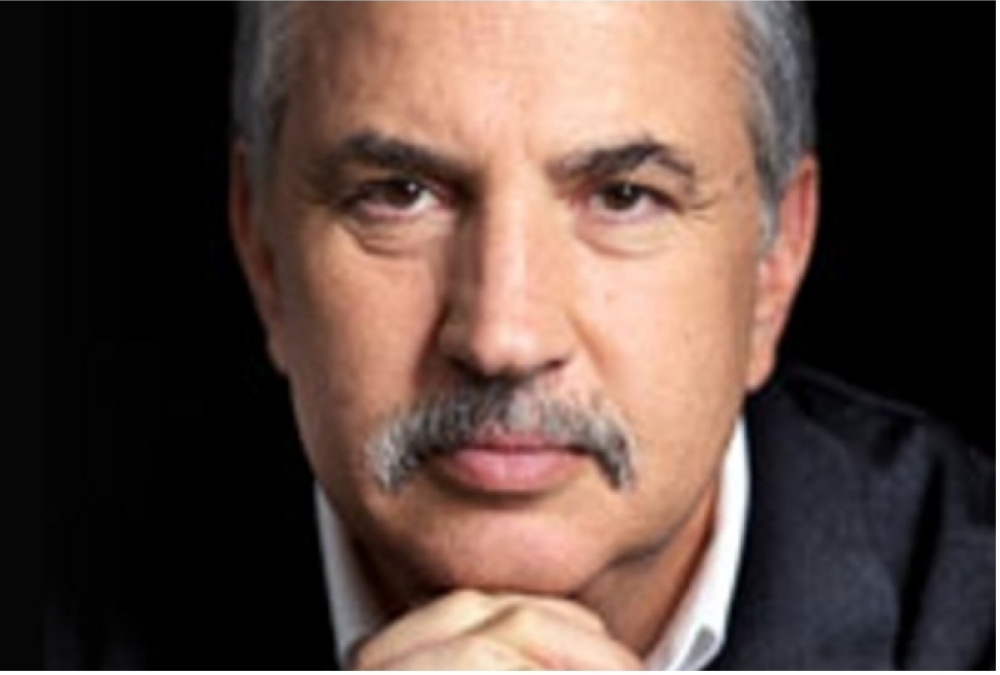

Almost six weeks into the war between Russia and Ukraine, I’m beginning to wonder if this conflict isn’t our first true ‘world war’ — much more than World War I or World War II ever were.
In this war, which I think of as “World War Wired,” virtually everyone on the planet can either observe the fighting at a granular level, participate in some way or be affected economically — no matter where they live.
While the battle on the ground that triggered World War Wired is ostensibly over who should control Ukraine, do not be fooled.
This has quickly turned into “the big battle” between the two most dominant political systems in the world today: free-market, “rule-of-law democracy versus authoritarian kleptocracy,” the Swedish expert on the Russian economy, Anders Aslund, remarked to me.
Though this war is far from over, and Vladimir Putin may still find a way to prevail and come out stronger, if he doesn’t, it could be a watershed in the conflict between democratic and undemocratic systems. It is worth recalling that World War II put an end to fascism, and the Cold War put an end to orthodox communism, eventually even in China. So, what happens on the streets of Kyiv, Mariupol and the Donbas region could influence political systems far beyond Ukraine and far into the future.
Indeed, other autocratic leaders, like China’s, are watching Russia carefully. They see its economy being weakened by Western sanctions; thousands of its young technologists fleeing to escape a government denying them access to the Internet and credible news; and its inept army seemingly unable to gather, share and funnel accurate information to the top. Those leaders have to be asking themselves: “Holy cow — am I that vulnerable? Am I presiding over a similar house of cards?”
In World War I and World War II, no one had a smartphone or access to social networks through which to observe and participate in the war in nonkinetic ways. Indeed, a large chunk of the world’s population was still colonised and did not have the full freedom to express independent views, even if they had the technology.
Many of those residing outside the war zones were also extremely poor subsistence farmers who were not so heavily affected by those first two world wars. There weren’t the giant connected globalised and urbanised lower and middle classes of today’s wired world.
Now, anyone with a smartphone can view what is happening in Ukraine — live and in colour — and express opinions globally through social media. In our post-colonial world, governments from virtually every country around the globe can vote to condemn or excuse one side or another in Ukraine through the UN General Assembly.
While estimates vary, it appears that between 3 billion and 4 billion people on the planet — ‘almost half’ — have a smartphone today, and although Internet censorship remains a real problem, particularly in China, there are just so many more people able to peer deeply into so many more places. And that’s not all.
Anyone with a smartphone and a credit card can aid strangers in Ukraine, through Airbnb, by just reserving a night at their home and not using it.
Meanwhile, Ukraine’s government has been able to tap a whole new source of funding — raising more than $70 million worth of cryptocurrency from individuals around the world after appealing on social media for donations.
Such nongovernmental, super-empowered global players and platforms were not present in WWI or II.
But just as so many more people can affect this war, so, too, can more be affected by it. Russia and Ukraine are key suppliers of wheat and fertiliser to the agricultural supply chains that now feed the world and that this war has disrupted. A war between just two countries in Europe has spiked the price of food for Egyptians, Brazilians, Indians and Africans.
And because Russia is one of the world’s biggest exporters of natural gas, crude oil and the diesel fuel used by farmers in their tractors, the sanctions on Russia’s energy infrastructure are curbing its exports, causing gasoline pump prices to rise from Minneapolis to Mexico to Mumbai, and forcing farmers as far away as Argentina to ration their diesel-powered tractor usage or cut fossil-fuel-rich fertiliser usage, jeopardising Argentina’s agriculture exports and adding further to soaring world food prices.
There’s another unexpected financial globalisation angle on this war that you really need to keep your eye on: Putin saved up over $600 billion in gold, foreign government bonds and foreign currency, earned from all of Russia’s energy and mineral exports, precisely so he would have a cushion if he were sanctioned by the West. - The New York Times
Thomas L Friedman
The writer is an opinion columnist with NYT
Oman Observer is now on the WhatsApp channel. Click here



